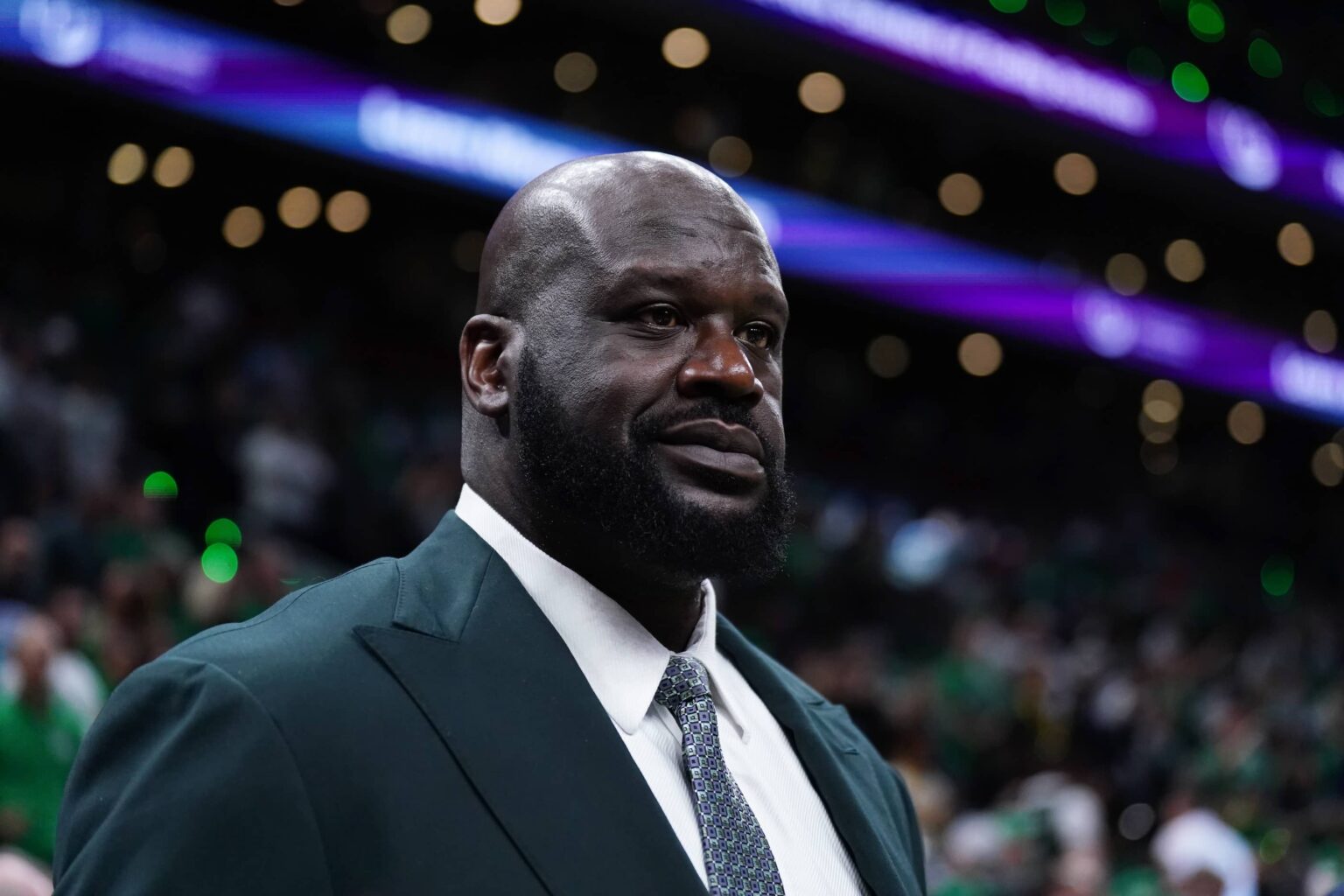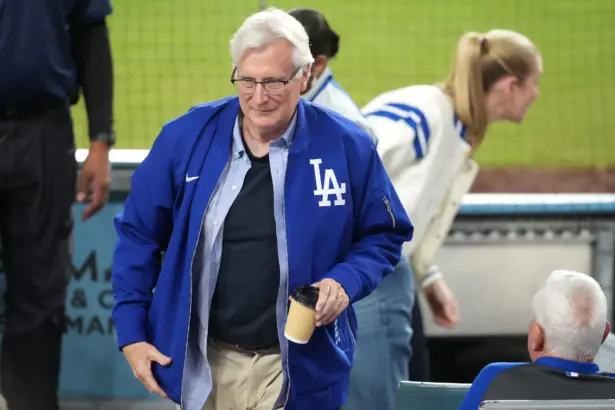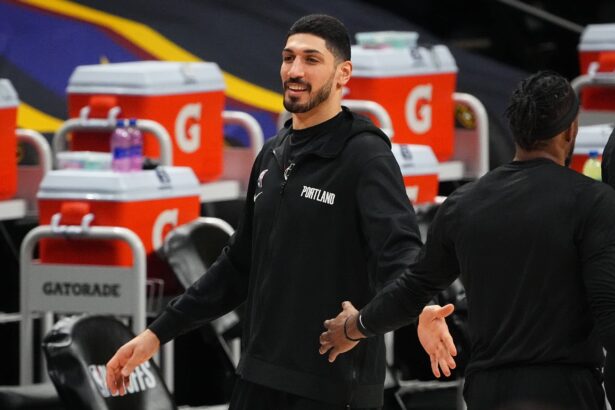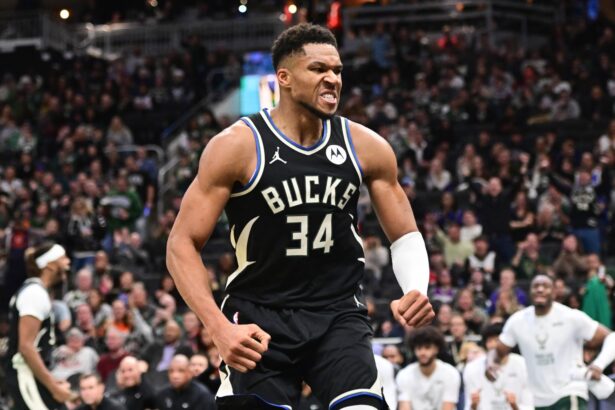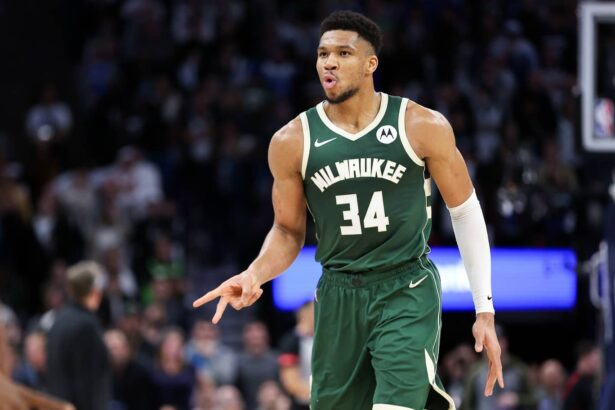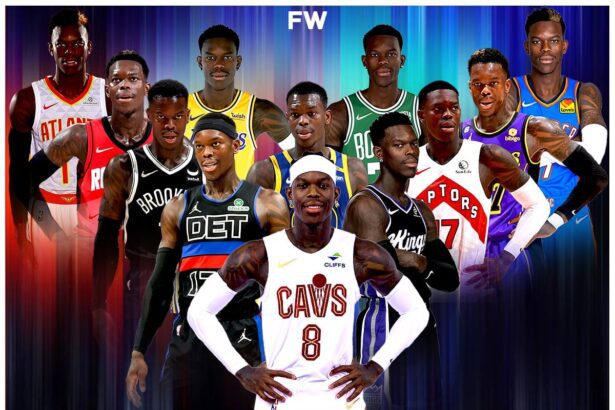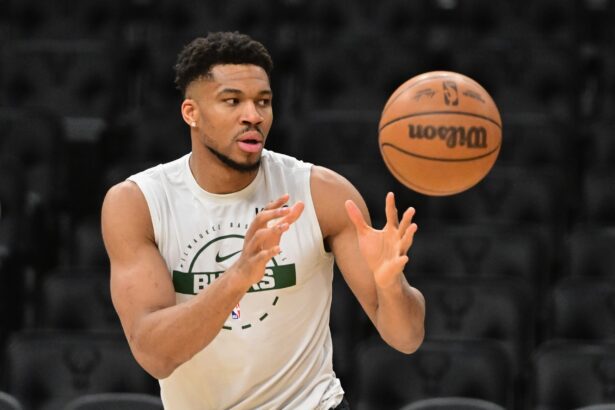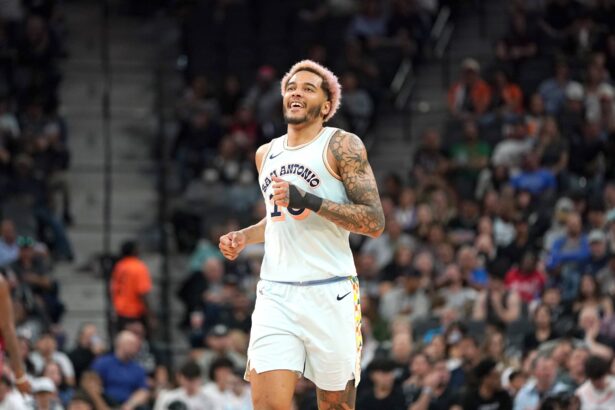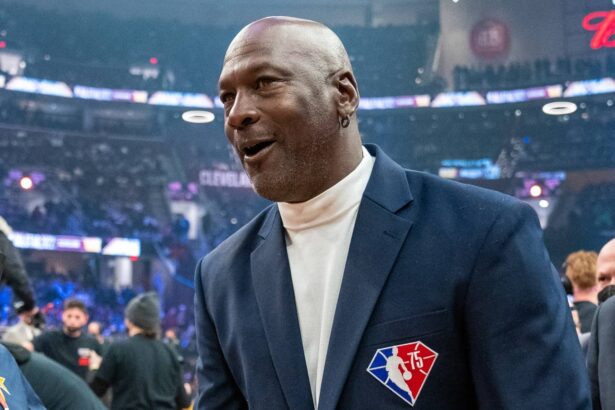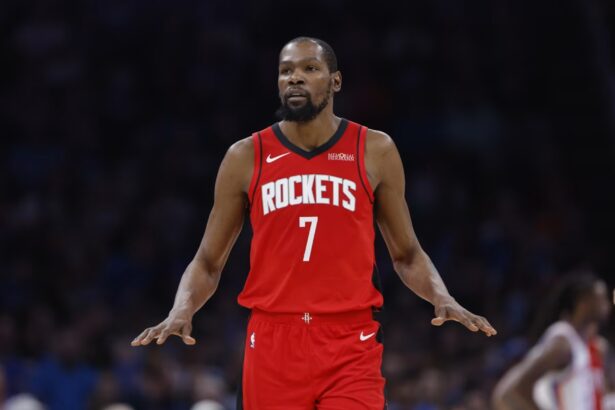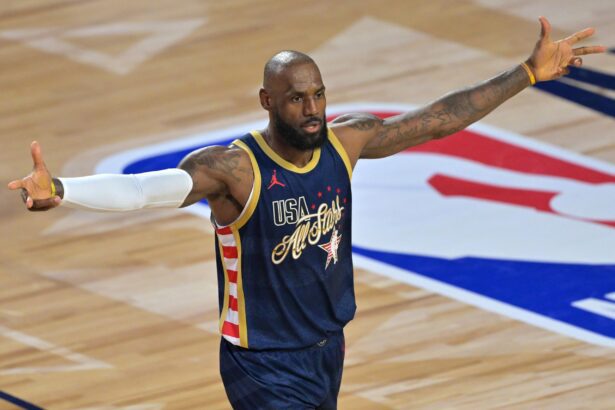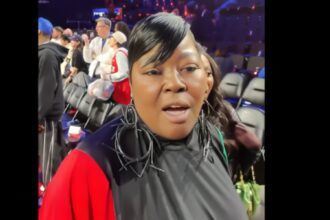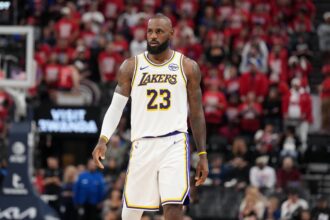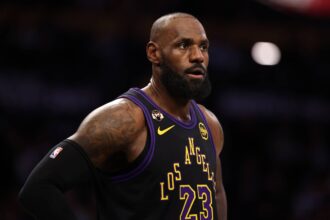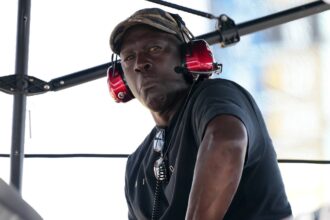Shaquille O’Neal has never been shy about giving his opinion, and this week he shared a list on his Instagram story ranking the ten best NBA players of the 2000s. The Diesel co-signed the ranking, which put Kobe Bryant at the top, followed by Tim Duncan, Shaq himself, and then LeBron James at No. 4.
At first glance, it might seem like LeBron should be higher, but when focusing strictly on the decade from 2000 to 2009, the placement makes sense.
1. Kobe Bryant
The face of the Lakers dynasty, Kobe won three championships with Shaq from 2000 to 2002 and then added two more in 2009 and 2010. He was named Finals MVP in ’09, league MVP in 2008, and made nine All-Star teams in the decade.
Kobe also earned seven All-NBA First Team and seven All-Defensive First Team selections, cementing himself as the league’s most feared scorer and ultimate competitor.
2. Tim Duncan
The quiet superstar dominated the decade with the Spurs, winning three championships (2003, 2005, 2007) and two Finals MVPs. Duncan also captured league MVPs in 2002 and 2003.
He made the All-Star team every year but one and stacked up eight All-NBA First Team nods. His blend of consistency, leadership, and defensive excellence made him the decade’s anchor.
3. Shaquille O’Neal
At his peak, Shaq was the most dominant force in basketball. He led the Lakers to three straight titles (2000–2002), winning Finals MVP each time. He also added a fourth championship with the Miami Heat in 2006.
Shaq won the 2000 league MVP, made seven All-Star appearances, and collected six All-NBA First Team honors in the decade.
4. LeBron James
LeBron entered the league in 2003 and by the end of the decade was already a global superstar. He won Rookie of the Year, made six All-Star teams, and earned two MVPs (2009, 2010).
LeBron also led the Cavaliers to the 2007 NBA Finals, becoming the one of the youngest players to carry a franchise that far. While his peak dominance came in the 2010s, his rise in the late 2000s was historic.
5. Kevin Garnett
Kevin Garnett was a monster in Minnesota, winning the 2004 MVP and leading the Timberwolves to the Western Conference Finals that year. After his trade to Boston in 2007, he became the defensive heart of the Celtics’ 2008 championship team.
Garnett racked up 10 All-Star nods, four All-NBA First Team selections, and six All-Defensive First Team honors in the decade.
6. Allen Iverson
The 2001 MVP defined the early 2000s with his fearless scoring and toughness. Allen Iverson led the Sixers to the 2001 Finals and won four scoring titles in the decade. He made nine All-Star appearances, seven All-NBA selections, and gave the league some of its most iconic moments despite never winning a championship.
7. Dirk Nowitzki
The greatest international player of the decade, Dirk Nowitzki, won MVP in 2007 and carried Dallas to the 2006 Finals. He made nine All-Star appearances, five All-NBA First Teams, and redefined what a power forward could be with his shooting ability.
8. Dwyane Wade
Dwyane Wade’s peak came in 2006 when he led Miami to its first championship and won Finals MVP. By the end of the decade, he had also won the 2009 scoring title, made six All-Star teams, and established himself as one of the game’s premier guards.
9. Tracy McGrady
One of the most gifted scorers ever, Tracy McGrady won back-to-back scoring titles in 2003 and 2004 and made seven All-Star appearances in the decade. Injuries limited his postseason success, but at his best, McGrady was virtually unstoppable.
10. Steve Nash
Steve Nash won back-to-back MVPs in 2005 and 2006 while orchestrating Phoenix’s “Seven Seconds or Less” offense. He made six All-Star appearances and five All-NBA selections in the decade, becoming one of the greatest playmakers in league history.
Shaq’s list perfectly captures the essence of the 2000s: a decade defined by dominance in the paint from Shaq and Duncan, the relentless scoring brilliance of Kobe and Iverson, the rise of international superstars like Dirk and Nash, and the early stages of LeBron’s march toward greatness.
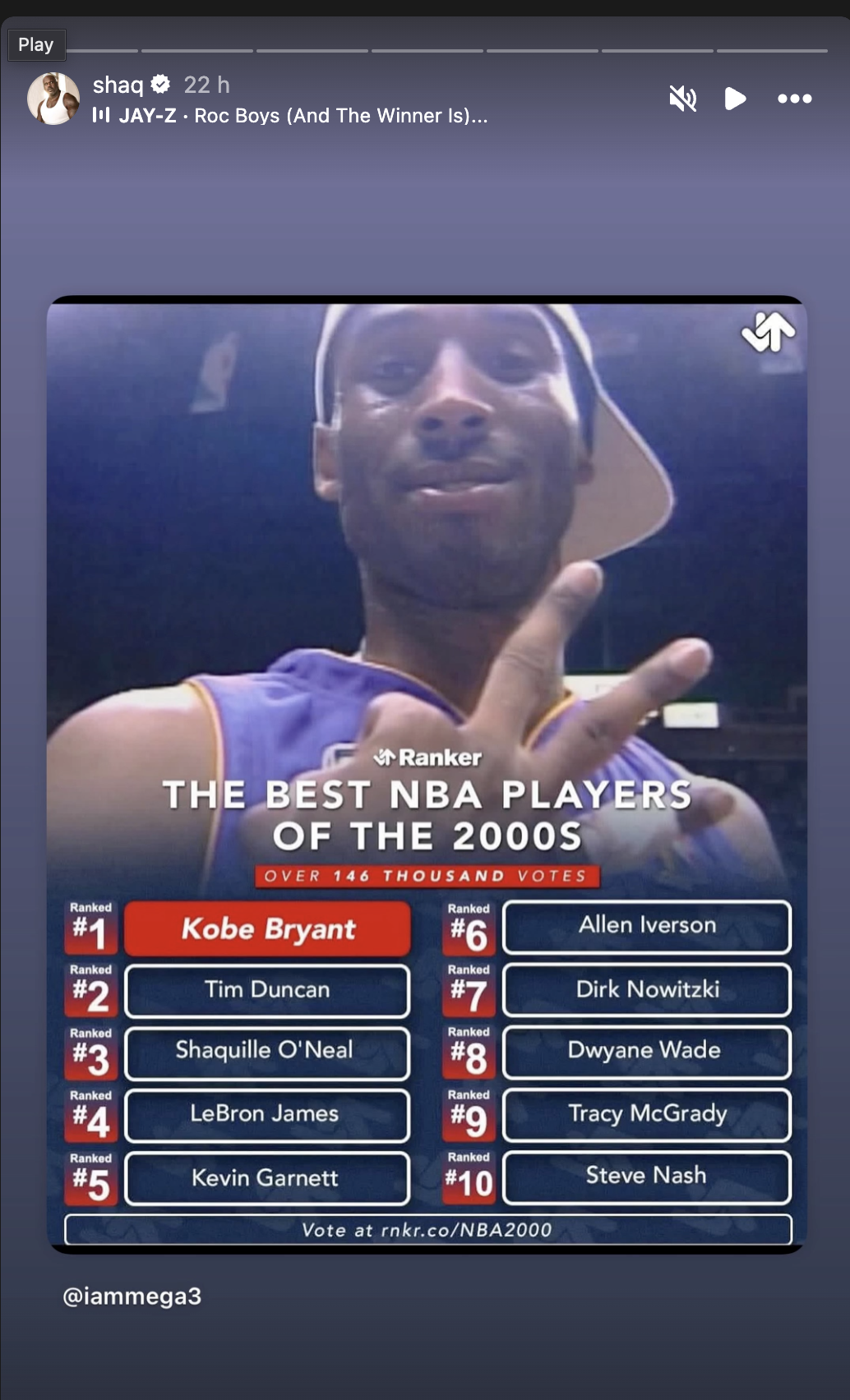
While debates will rage on about who should be higher or lower, it’s hard to deny that these ten players shaped an era. The 2000s bridged the gap between the Jordan years and the modern NBA, and this list reads like a time capsule of the stars who carried the league into a new generation.

